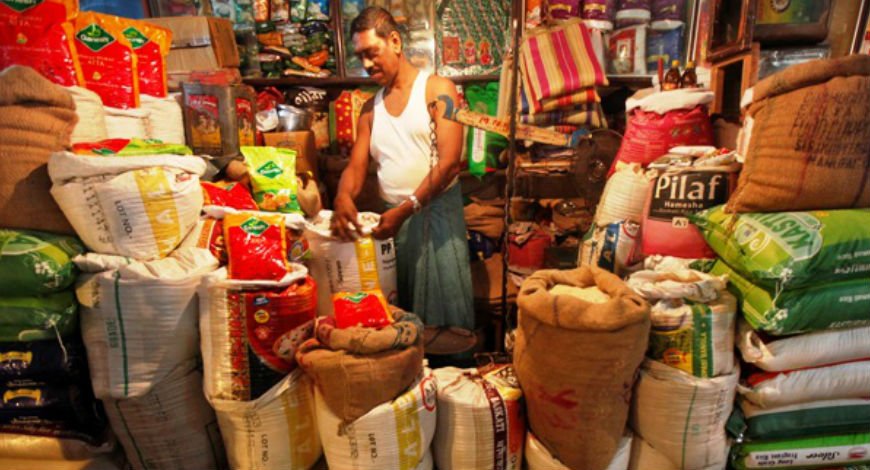NEW DELHI: Mortgage India, an Indian branch of the international consumer credit provider with operations in Europe and Asia and committed to fostering financial inclusion, in partnership with SEWA Bharat started a livelihood project for nano-entrepreneurs. Nano-entrepreneurs refer to individuals who start their business with very less capital. In line with Home Credit’s movement to foster financial inclusion and financial and digital literacy in the country and enable entrepreneurship, the project aims to help nano-entrepreneurs who cannot return to work due to a loss of capital.
The project is in line with the government program of Atmanirbhar Bharat and Vocal for Local aims to equip and empower more than 500 artisans in Bihar, West Bengal, Delhi, Punjab and Uttarakhand. These nano-entrepreneurs come from marginalized backgrounds and work as artisans, rural weavers, shoemakers; Manufacturers of papad, manufacturers of lake products, producers of ties and dyes, manufacturers of clothing and embellishments, necklaces, rakhis, food products.
Throughout the activity, these women will be requalified and trained to access markets or acquire the means and methods of sale which will be largely digital. The pandemic has changed product consumption patterns and styles. These entrepreneurs will now have to learn new models, weaving models to revive their livelihoods. We would provide them with raw materials as well as advice on product development through virtual training sessions. This would help them develop a whole new line of products that would later be sold in the mainstream market and help them earn money.
Commenting on the partnership with SEWA Bharat, Nidhi Malik, Vice President, CSR and Communications, Home Credit India said: “Responsible lending is the cornerstone of our business at Home Credit. Over the years, we have actively imparted financial and digital literacy to educate our clients and society on the basics of financial management, budgeting, investing, saving, etc. With this partnership, our effort is to broaden the financial reach and create opportunities to gain more and more ‘Autonomous’ individuals. “The pandemic has resulted in a loss of capital for a majority of nano-entrepreneurs and prevented them from starting from scratch. Our partnership with Sewa Bharat on this mission is to allow these artisans to find their means of subsistence and especially confidence. Thanks to this humble initiative, we aim to transmit the digital and financial skills desired to make these 500 nano-entrepreneurs bounce back and become autonomous.
Sanchita Mitra, National Coordinator, SEWA Bharat, noted, “The lockdown linked to COVID-19 has negatively affected the livelihoods of many poor people, most of whom are invisible. SEWA works in many states namely Bengal, Bihar, Delhi, Gujarat, Kerala, Madhya Pradesh, Nagaland, Orissa, Punjab, Rajasthan, Uttarakhand and Uttar Pradesh. Within SEWA’s membership, a large number of informal sector workers are part of the global supply chain as nano-entrepreneurs or linked to local informal entrepreneurs or labor intermediaries. For home artisans and weavers, the model of the middleman who gave them business has collapsed. In some cases, the middleman has completely disappeared, leaving artisans and weavers with no leads in the market. They keep looking for a market and an arrangement for the raw material. They are also adapting to the digital world to improve skills, access to finance and government programs ”.
She added, “We are incredibly happy to announce that SEWA Bharat has partnered with Home Credit to support 500 artisans and weavers with raw materials and product development at a time of dire need. This association would also help to strengthen their capacity to manage this newly adopted virtual marketing space. We are grateful to Home Credit and hope to have a long term impact on the lives of these women and their families, together. We look forward to more and more meaningful work in the future.
According to industry figures, 94% of India’s female workforce, informal economy workers continue to fight for their protection. With this initiative, the vision of the HCIN is to impact 1.9 million informal women workers, through a wide range of activities, over time.

